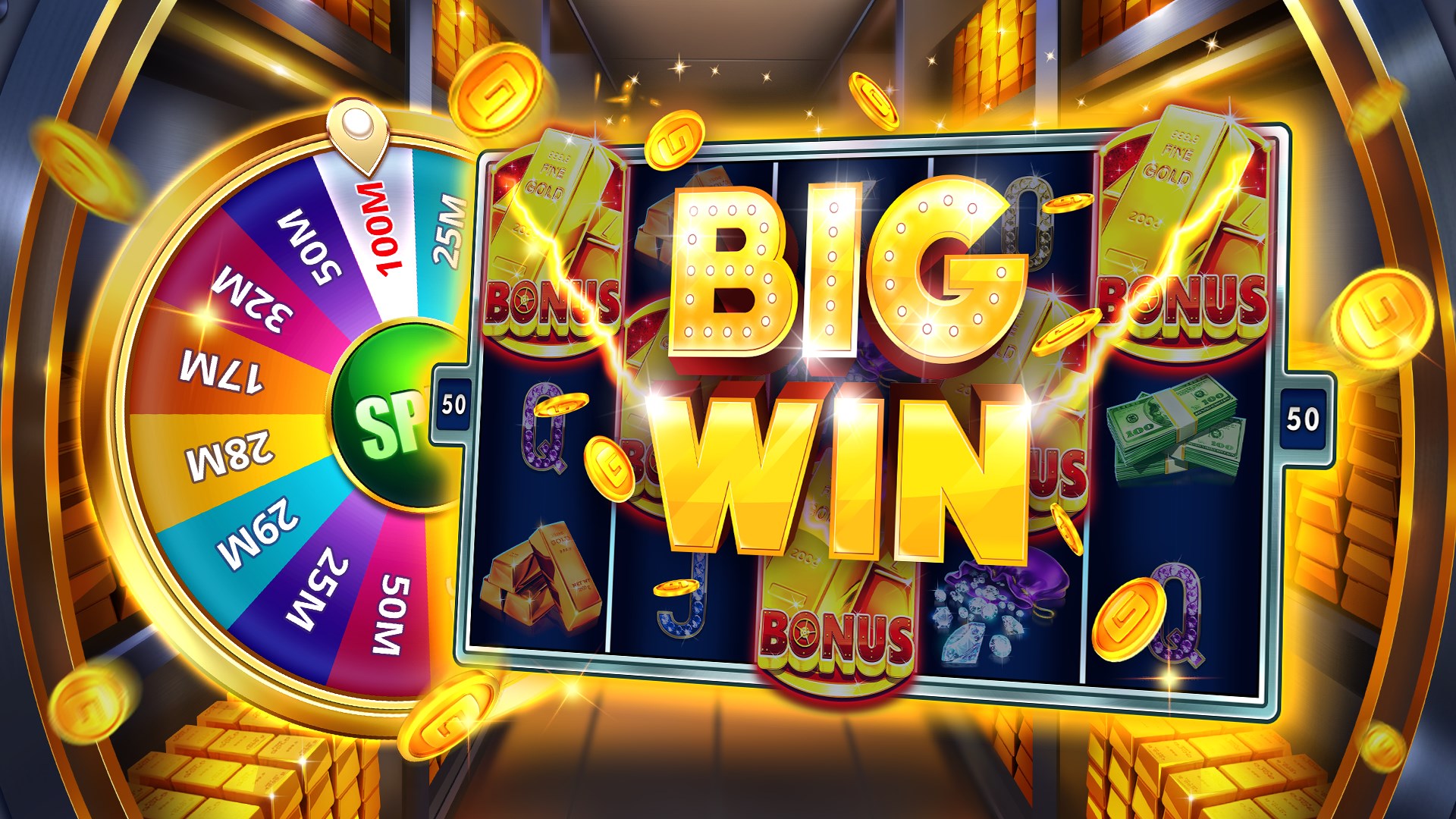Within the lively realm of casinos, where the atmosphere buzzes with excitement and the clinking of tokens fills the space, the role of a game dealer is both crucial and fascinating. Daily, these skilled experts step into a realm where luck and tactics intertwine, guiding players through the highs and lows of their selected casino titles. From card games like 21 and texas hold ’em to the revolving wheels of the roulette table, dealers facilitate the action while ensuring that each game runs smoothly and honestly.
As the sun rises on another busy day, a casino game dealer gets ready to immerse themselves in this vibrant setting. Their responsibilities extend beyond merely dealing cards or spinning a roulette wheel; they are also entertainers, service providers, and guardians of the game regulations. Each shift brings new challenges and experiences, making every day unique in the life of a casino dealer. This behind-the-scenes look will explore the daily routine of a casino dealer, showcasing the skills and experiences that make this career both thrilling and rewarding.
The Role of a Casino Table Dealer
A casino table croupier is at the heart of the gaming experience, orchestrating the flow of the play while ensuring that players are engaged and entertained. Their main duty is to manage the table, which includes dealing cards, spinning the wheel, or managing the chips, based on the type of game being played. Croupiers must possess a thorough understanding of the rules and guidelines governing each type of game, while also maintaining a friendly and approachable demeanor to enhance the gambling atmosphere.
In addition to managing the play, dealers must also keep a close watch on the players and the surroundings around the table. This entails watching for any signs of cheating, ensuring that everyone is adhering to the guidelines, and addressing any conflicts that may arise among players. Effective communication skills are essential, as croupiers often provide explanations about the rules and mechanics and offer assistance to those who may be new to casino games.
Furthermore, a croupier’s role extends past just the mechanical aspects of the play. They play a key part in crafting an enjoyable experience for the players. This necessitates building a rapport with patrons, being attentive to their wants, and often injecting an aspect of fun into the play. It’s this mix of talent, vigilance, and interpersonal relationship that makes the role of a gambling game dealer both demanding and fulfilling in the dynamic world of gambling games.
Responsibilities and Challenges in Daily Operations
One of the primary responsibilities of a dealer in a casino is to manage the various games available at their table, ensuring a seamless and satisfying experience for players. Dealers must be skilled at dealing cards, managing chips, and maintaining the continuity of the game. This requires a sharp understanding of the rules of each game, from blackjack to roulette, and the ability to address players’ questions while maintaining the game progressing. Attention to precision is paramount, as dealers must track bets, disburse winnings correctly, and watch for any cheating or discrepancies at the table.
In addition to supervising the game itself, dealers face challenges such as dealing with difficult players. The casino environment can be tense, particularly during intense games, and a dealer must remain composed and professional at all times. They need robust interpersonal skills to navigate interactions with players who may be upset about losses or dissatisfied with the game’s pace. Handling these situations delicately is important in creating a positive atmosphere on the casino floor.
Another significant responsibility is maintaining the integrity of the game. Dealers must be vigilant and observant, watching for any signs of player cooperation or cheating among players. This involves not only a strong knowledge of the games but also an awareness of human behavior. They must also follow the casino’s rules and procedures, taking part in regular training sessions to keep updated on rules and protocols. Balancing these responsibilities while providing top-notch customer service is what makes the role both challenging and fulfilling for a casino game dealer.
Attributes and Traits for Achievement
A successful casino game dealer must possess excellent communication skills. This includes merely the ability to effectively explain game rules and procedures to players but also the capacity to interact with them in a cordial and competent manner. Fostering rapport with customers can enhance the gaming experience and inspire repeat visits to the casino. Strong communication enables dealers to manage tables efficiently while ensuring that players feel entertained.
Furthermore, strong mathematical skills are essential for a dealer. Quick math are often required to follow bets, payouts, and game outcomes in real-time. A dealer’s ability to perform these math operations accurately and swiftly adds to the overall efficiency of the game. non Gamstop casinos This skill helps in maintaining the flow of play and in minimizing disputes or misunderstandings with players, which is crucial in a fast-paced casino environment.
Lastly, an ideal casino game dealer should demonstrate integrity and professionalism at all times. Trust is a crucial component of the gaming experience, and players must feel secure that the games are conducted equitably and openly. A dealer’s devotion to upholding high ethical standards fosters a positive atmosphere at the table and enhances the casino’s image. Being reliable in behavior ensures that dealers leave a lasting impression on guests, which can lead to a loyal customer base.

